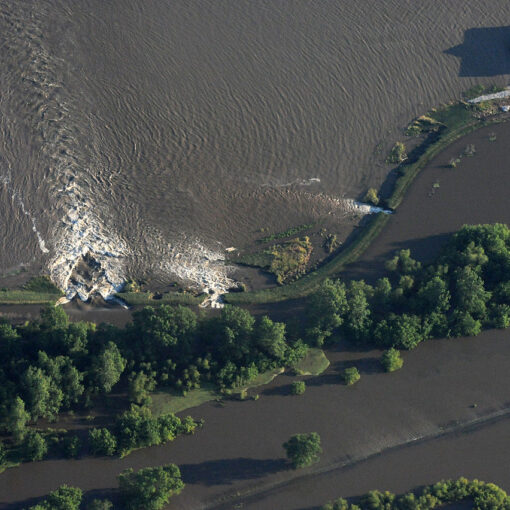By Rachel Yalowitz, Summer Intern
The most recent environmental case to be heard by the International Court of Justice (ICJ) is Whaling in the Antarctic (Australia v. Japan; New Zealand intervening), Australia is challenging Japan’s whale hunting practices as an unlawful violation of the International Whaling Commission ban on commercial whaling. The hearing began on June 26, 2013.
Australia began the proceedings in 2010, when it filed suit against Japan, asserting:
“Japan’s continued pursuit of a large scale programme of whaling under the Second Phase of its Japanese Whale Research Programme under Special Permit in the Antarctic (“JARPA II”) [is] in breach of obligations assumed by Japan under the International Convention for the Regulation of Whaling (“ICRW”), as well as its other international obligations for the preservation of marine mammals and marine environment.”
JARPA II, the 1946 International Convention Regulation Whaling, and the International Whaling Commission precedents of 1986 do permit the killing of whales for the purpose of scientific research, but Australia and Japan strongly disagree on whether Japan is whaling for that purpose. Japan claims that its whale hunts are conducted solely for research, but Australia alleges that Japan has been whaling in order to sell and consume whale meat. Japan is likely to argue that scientific research on whales is necessary to monitor the impact of whales on the Japanese fishing industry. However, as Geert Vons—a representative from the Sea Shepard conservation group in support of Australia—told the New York Times, “Scientists agree that you study behavior or dietary patterns when the animals are alive.”
Australia has requested the ICJ to issue an order that would include the following provisions:
- Japan must end the research program
- Japan must rescind any authorizations, permits, or licenses that allow the program’s activities; and
- Japan must offer declarations that state its intention to avoid any further action under JARPA II.
The hearings will continue through July 16, and a final ruling is not expected for several months.




